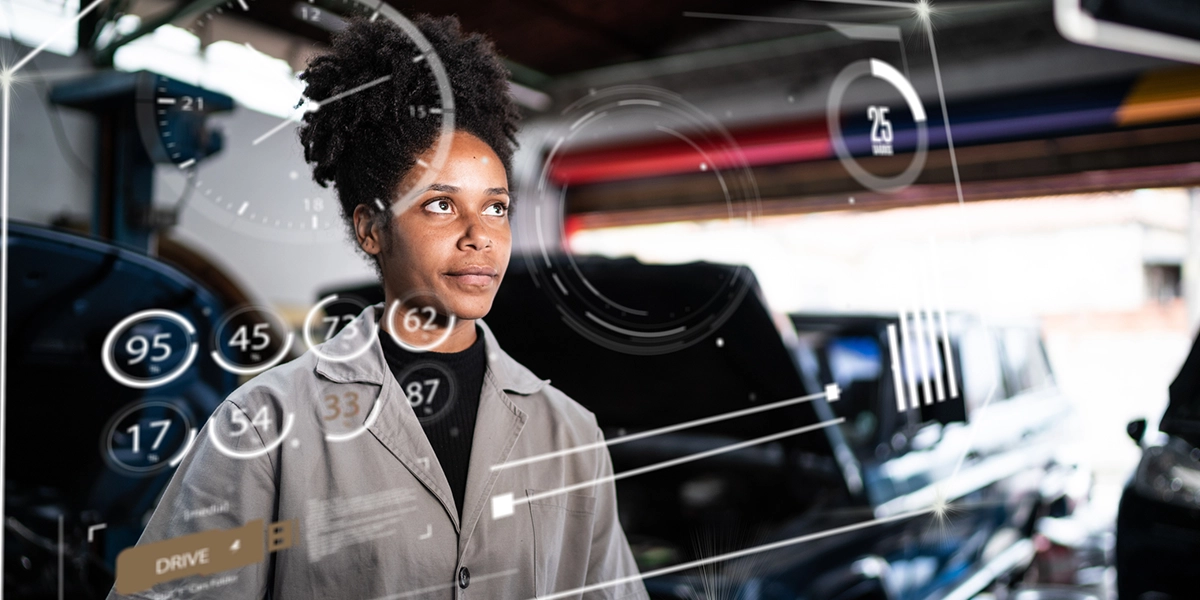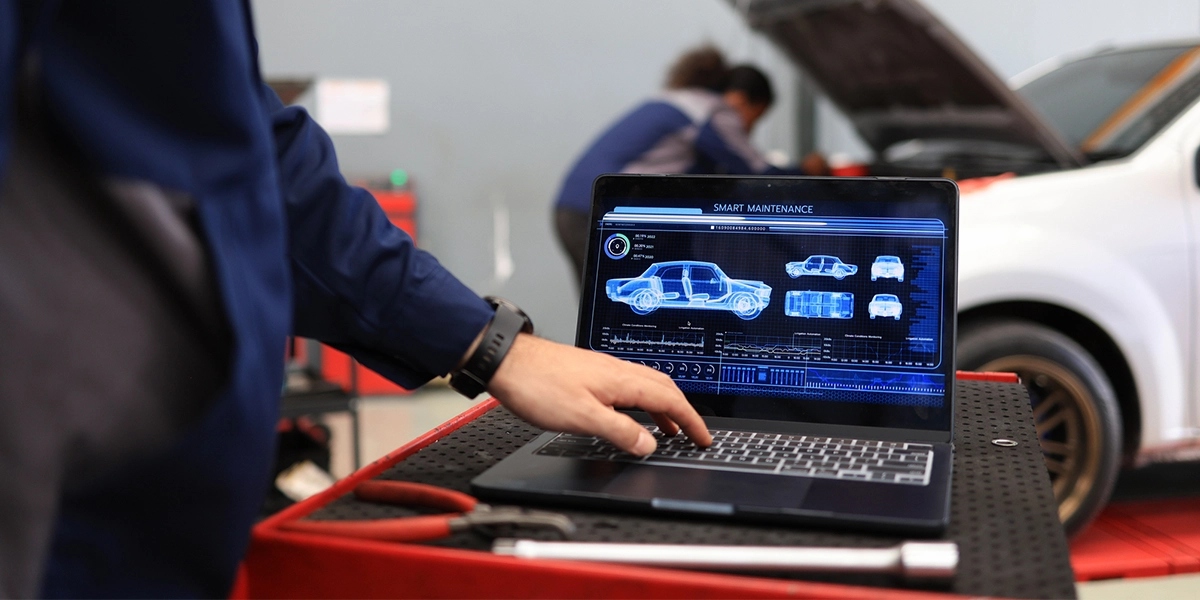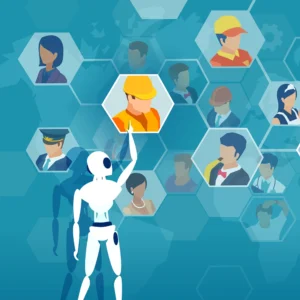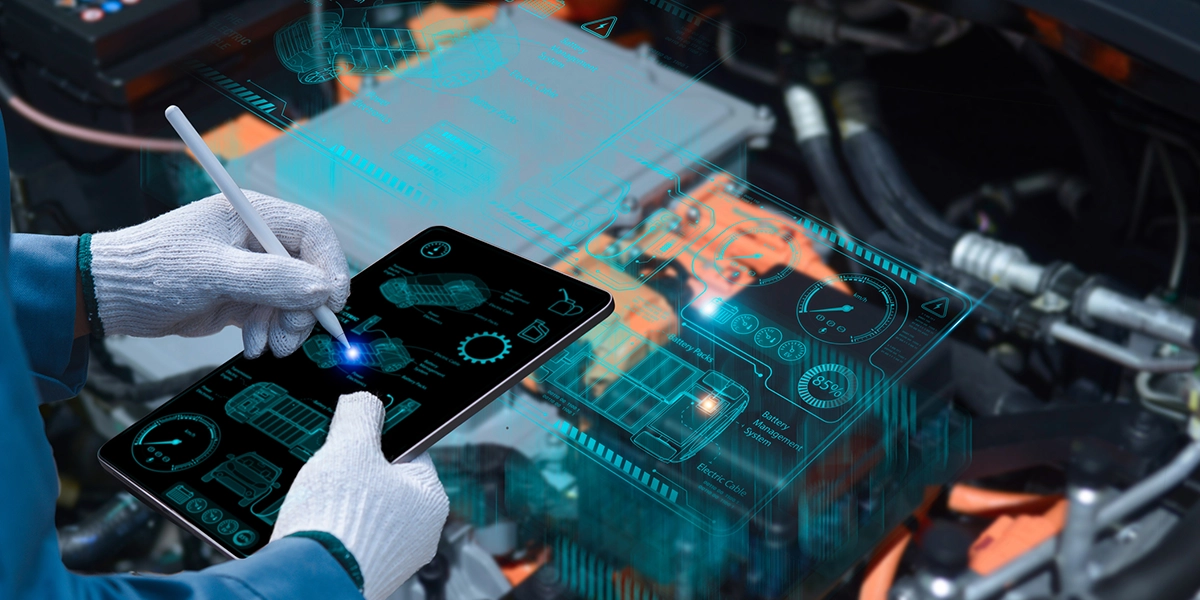MCP and The Rise of Contextual AI
MCP, or Model Context Protocol, is a structured approach for defining how AI systems interact with external data, tools, and user roles. It ensures every response is relevant, scoped and grounded in purpose. But to truly appreciate everything that means for emerging AI technologies, we’ll need to do a quick re-cap.
Artificial Intelligence (AI) has made astounding progress in recent years, particularly in how it supports content generation and user interaction. Retrieval-Augmented Generation (RAG) has proven to be a game-changer by pairing LLMs with trusted and firewalled datasets. As powerful as RAG is, though, it’s only one part of a complex equation.
The next frontier isn’t just about where AI pulls information from. It’s about how AI understands context in real time. And that’s exactly where Model Context Protocol (MCP) enters the picture.
What is Model Context Protocol (MCP)?
At its core, MCP is a structured interface layer allowing AI systems to access and retrieve the right information, for the right user, at the right time. View it a set of protocols or APIs designed to make information more readily available, or as a context-aware query engine sitting atop your structured content. It doesn’t rewrite or repackage your content but, rather, activates it.
While RAG enables AI to generate grounded responses from a fixed dataset, MCP ensures that the dataset responds intelligently and precisely to specific questions, based on factors like role, location, product configuration or access rights.
It's important to remember: MCP is a protocol rather than one single tool. It must be applied correctly, with the right security in place, in order to be used safely.
Why RAG Alone Isn’t Enough
RAG solves a huge problem. It prevents AI hallucinations by grounding its responses in trusted data. However, RAG can be limited by a potentially significant blind spot. It assumes the same content applies universally. Not surprisingly, that assumption can quickly break down. Consider these real-world use cases:
- A dealer technician and a field engineer need different answers about the same component
- A customer with a hybrid model should not receive instructions for the fully electric variant of their vehicle
- A warranty clerk needs to find a VIN-specific clause, not a general policy statement
MCP acts as a gatekeeper and a filter. It contextualizes the query and defines the response pathway. The resulting answers are more personalized, accurate and secure.

How MCP Works: An Invisible Superpower
MCP isn’t a piece of software you install or an app dashboard you log into. It’s an architecture pattern, a way of structuring and serving content specifically to enable smart and dynamic responses.
It draws on several building blocks:
- Structured content, such as DITA XML or JSON
- Metadata tagging to label each topic with relevant attributes (model, trim level, region, etc.)
- APIs or middleware to provide AI with scoped and filtered access
- Real-time parameters, such as VIN, role, or device type. These are then passed into the query pipeline
Taken as a whole, these features form a responsive information layer which turns static manuals and documents into living content systems.
And, it’s important to remember, MCP is a protocol rather than one single tool. It must be applied correctly, with the right security in place, in order to be used safely.
MCP in Practice: Real-World Use Cases
The following use cases help illustrate the real-world value of MCP:
- Owner Scenario: A customer asks, “Why did my tire pressure light just turn on?” The AI checks the vehicle type, recognizes the TPMS system and surfaces the correct guidance. It is knowledgeable enough, for example, to not tell them to check a spare tire not equipped on their particular vehicle
- Technician Scenario: During a repair, a service tech queries, “What’s the torque spec for the rear stabilizer link?” MCP confirms the vehicle year, trim level and suspension package before returning the precise number
- Warranty Agent Scenario: A warranty agent wants to know if rust damage is covered. MCP narrows its response by warranty type, mileage, VIN and region, then provides only the relevant clause from the rust policy
In each case, MCP makes the difference between generalized “search results” and focused answers tailored to the precise situation.
MCP ensures the dataset responds intelligently to specific questions based on role, location, product configuration and access rights.
Why MCP Matters: Precision Over Generalization
Many AI solutions currently prioritize convenience and surface-level intelligence. At scale, though, these generalized answers create issues:
- Costly mistakes, whether in terms of warranty claims, vehicle damage or customer trust
- Confusion arises from this one-size-fits-all content approach, especially in global or multi-brand contexts
- Security and compliance are non-negotiable in regulated industries like automotive
MCP flips the script by making precision the default. Instead of asking AI to guess or improvise, it allows AI to ask the right questions internally, within the content system itself.

Building the Framework for What’s Next
Keen industry observers, experienced content creators and technology specialists agree MCP represents the next evolution in technical content infrastructure, a shift in mindset that requires:
- Embracing structured content (DITA XML, JSON)
- Establishing metadata standards across authoring teams
- Designing for machine readability, not just human readability
- Thinking in terms of content-as-a-service, not just static documents
While we may not yet see MCP deployed at full scale across the industry, the groundwork is being laid now. Those organizations who prioritize this architecture will be well-positioned to meet the demands of AI-enhanced service delivery, ownership experience and regulatory compliance in the years to come.

Context Is the Key
Model Context Protocol is a quiet revolution in the world of content development and delivery. It doesn’t compete with flashy AI demos or big data pipelines, but it does complement them. As a critical connective tissue, it helps ensure the right information gets to the right person at the right time.
If Retrieval-Augmented Generation is how we bring AI to content, MCP is how we bring context to AI. Together, they form the backbone of a smarter, safer and more responsive future for technical communication.
Up next: We’ll turn our attention to AI Agents, what they are and, more importantly, why they should be on our strategic radar. We’ll also look at at the steps organizations should take to keep their use of MCP secure.




